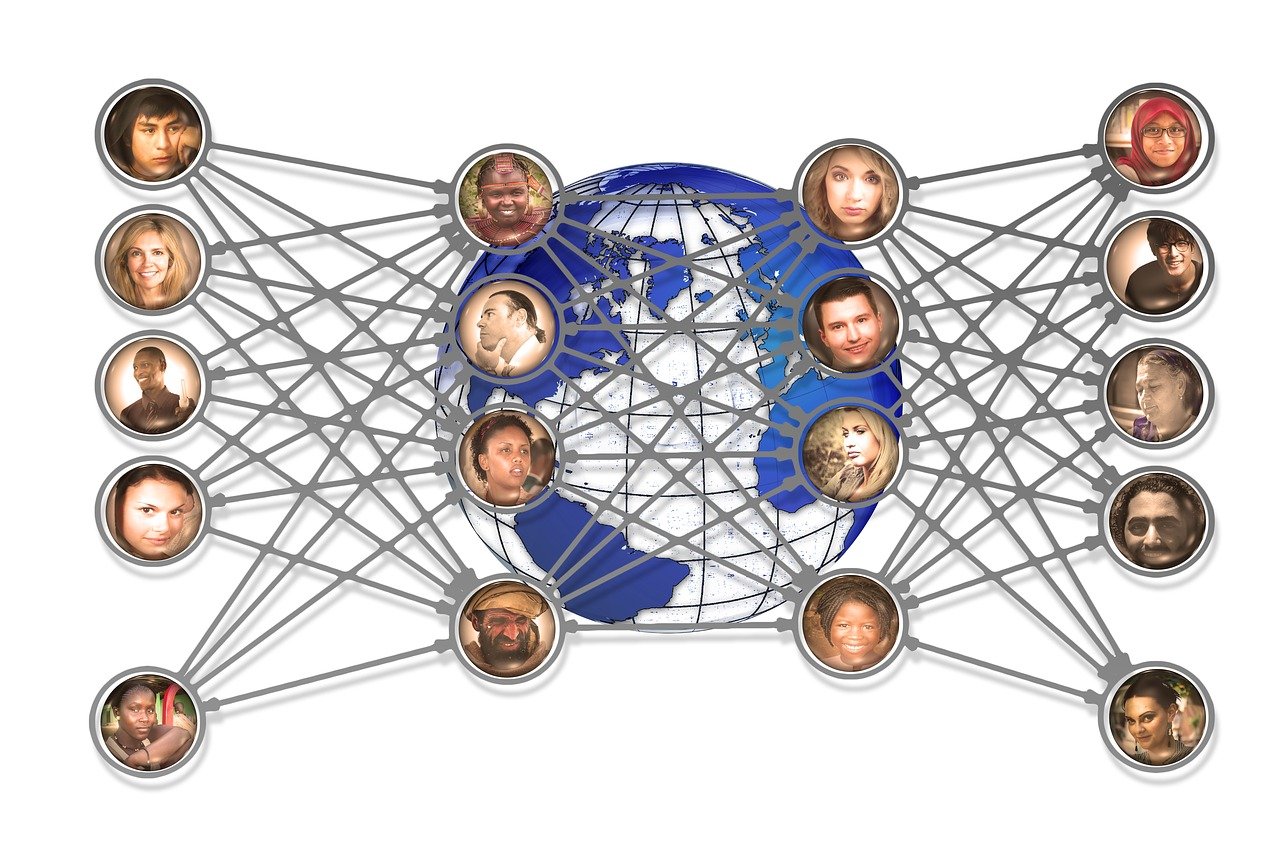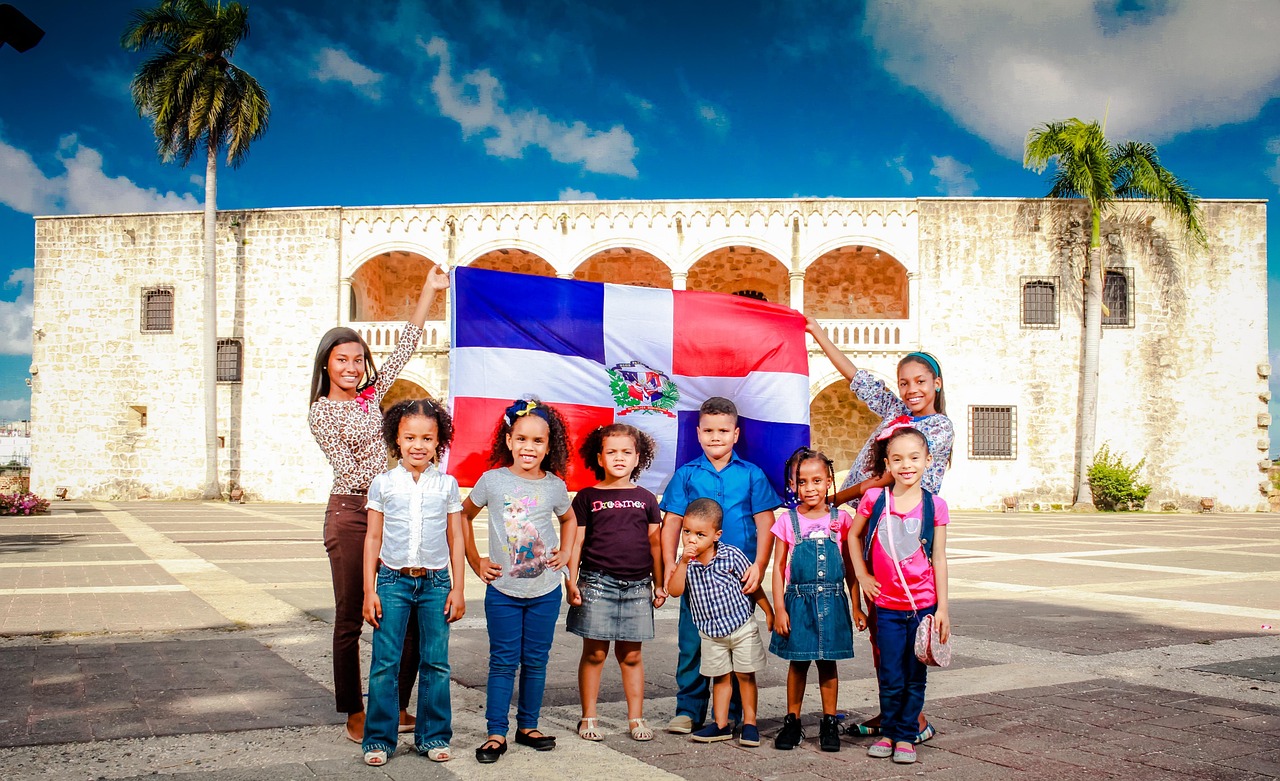Analyzing the Effect of Social Media on Video Game Popularity: A Case Study Approach
In the realm of digital entertainment, video games have carved out a prominent position, drawing in millions of players worldwide. What has significantly bolstered this growth is the influence of social media. This relationship between social media and video games is a fascinating subject that deserves a detailed exploration. This blog post delves into this intricate dynamic, utilizing a case study approach to understand how social media platforms affect the popularity of video games.
The Intersection of Social Media and Gaming
Social media platforms like Facebook, Twitter, YouTube, and Instagram have become pivotal in shaping the gaming industry’s landscape. These platforms serve as a bridge connecting game developers, publishers, and players. They allow for the exchange of information, feedback, and the creation of communities centered around specific games. The rise of social network users over the past decade has coincided with the gaming industry’s expansion, indicating a symbiotic relationship.
Social media allows gamers to share their experiences, stream gameplay, and participate in discussions about their favorite games. This organic sharing and word-of-mouth marketing significantly impact a game’s popularity. The question then arises: how exactly does social media amplify a game’s reach and success?
Case Study: “Among Us” and Its Meteoric Rise
One of the most striking examples of a game’s popularity being amplified by social media is the case of “Among Us.” Developed by InnerSloth, “Among Us” was released in 2018 but only gained widespread attention in 2020. The game’s sudden rise can largely be attributed to social media platforms, particularly Twitch and YouTube.

The game was picked up by several high-profile streamers and content creators, who played it live on their channels. This exposure introduced “Among Us” to millions of viewers, who were intrigued by its engaging and social gameplay. The game’s mechanics, which revolve around deduction and deceit, made it perfect for social interactions and discussions, further fueling its popularity.
Furthermore, memes and fan art created by the community on platforms like Reddit and Twitter also played a critical role in keeping “Among Us” relevant. This phenomenon highlights the power of social media engagement in transforming a relatively obscure title into a mainstream hit.
The Role of Influencers in Game Promotion
Influencers have become a crucial element in the marketing strategies of game developers. With the ability to reach millions of followers, gaming influencers can significantly impact a game’s reception and popularity. Platforms like YouTube and Twitch host numerous influencers who specialize in gaming content, and their endorsements can make or break a game.
For instance, when a prominent influencer streams a new game, it can lead to a surge in downloads and sales. This was evident in the success of games like “Fortnite” and “Apex Legends,” where influencers played a pivotal role in introducing the game to a broader audience. The authenticity and relatability of influencers add to their persuasive power, as they are often perceived as peers rather than marketers.
Additionally, collaborations between game developers and influencers often lead to unique content that can further enhance a game’s appeal. Such partnerships create a win-win scenario, as influencers gain exclusive content to share with their audience, while developers benefit from increased visibility and engagement.

Community Building and Sustaining Interest
Beyond initial promotions, social media is vital for maintaining long-term interest in a game. Online communities on platforms like Discord, Reddit, and Facebook groups provide spaces for players to connect, share strategies, and discuss updates. These communities are essential for sustaining a game’s popularity over time.
For instance, “Minecraft,” a game that has remained popular for over a decade, owes much of its longevity to its vibrant community. Players continuously create and share mods, custom maps, and content, keeping the game fresh and exciting. This level of community engagement is often facilitated by social media, where players can easily share their creations and ideas.
Moreover, developers often use social media to gather feedback and engage with their player base. This direct line of communication allows developers to address concerns, implement suggested features, and keep players informed about upcoming changes. Such transparency and responsiveness can strengthen a game’s community and foster a loyal player base.
Challenges and Considerations
While social media offers numerous benefits for promoting video games, it also presents challenges. The volatility of social media trends means that a game can quickly fall out of favor. Developers must continuously engage with the community and innovate to maintain interest.
Negative feedback and controversies can also spread rapidly on social media, potentially damaging a game’s reputation. Developers must be prepared to handle criticism constructively and address any issues promptly. This requires a proactive social media strategy and a dedicated team to manage community interactions.
Additionally, the reliance on influencers can be a double-edged sword. While they can boost a game’s visibility, their opinions can also sway public perception negatively. Choosing the right influencers who align with a game’s brand and values is crucial for successful collaborations.

Takeaways
The relationship between social media and video game popularity is complex and multifaceted. Through a case study approach, it is evident that social media platforms play a crucial role in influencing a game’s success. From the initial promotion and influencer partnerships to community building and sustained engagement, social media is integral to the gaming ecosystem.
As the digital landscape continues to evolve, the interplay between social media and gaming will likely become even more intertwined. Game developers and marketers must adapt to these changes, leveraging social media’s power to maximize their game’s reach and longevity. Understanding this dynamic is essential for anyone looking to navigate the ever-changing world of video game promotion.
For those interested in exploring more about the impact of social media on gaming and beyond, resources like the GamesIndustry.biz and the Game Developer provide valuable insights and analyses on current trends and future predictions.
Future Trends in Social Media and Gaming
As we look to the future, the integration of social media and gaming is poised to deepen, driven by technological advancements and evolving user preferences. One notable trend is the rise of the Metaverse. The Metaverse concept envisions a vast, interconnected virtual world where users can interact through avatars, engage in various activities, and form communities. Social media platforms are investing heavily in developing metaverse experiences, which could redefine how games are shared and experienced online.

Moreover, augmented reality (AR) and virtual reality (VR) technologies are becoming more accessible, offering new ways for social media and gaming to intersect. Games that incorporate AR and VR elements can provide immersive experiences that are easily sharable on social media, attracting new audiences and enhancing player engagement.
Another emerging trend is the increasing importance of user-generated content. Social media platforms are enhancing tools that allow users to create and share their own gaming content, such as custom maps, mods, and scenarios. This shift empowers players to contribute directly to a game’s ecosystem, fostering a collaborative environment that can drive sustained interest.
Strategies for Developers and Marketers
Given the dynamic relationship between social media and gaming, developers and marketers must adopt strategic approaches to maximize their game’s potential. Here are some key strategies to consider:
- Engage Early and Often: Start building a social media presence before a game’s release. Teasers, behind-the-scenes content, and developer updates can generate buzz and anticipation among potential players.
- Leverage Influencer Partnerships: Collaborate with influencers who align with the game’s brand and target audience. Provide them with exclusive content or early access to create authentic and engaging promotional material.
- Foster Community Participation: Encourage players to share their experiences and creations on social media. Highlight user-generated content and recognize community achievements to build a sense of belonging.
- Utilize Data Analytics: Monitor social media metrics to gauge player sentiment and identify trends. This data can inform marketing strategies and help developers make data-driven decisions.
- Respond to Feedback: Actively engage with the community by responding to feedback and addressing concerns. Transparent communication builds trust and strengthens player loyalty.

By implementing these strategies, developers and marketers can effectively harness the power of social media to boost their game’s visibility and popularity.
The Role of Social Media in Esports
Esports, or competitive gaming, has emerged as a significant sector within the gaming industry, and social media plays a crucial role in its growth. Social media platforms serve as a primary channel for broadcasting esports events, sharing highlights, and engaging with fans. The interactive nature of social media allows fans to participate in discussions, vote on their favorite teams, and even watch live streams of tournaments.
The rise of platforms like Twitch has revolutionized the esports scene by providing a space for gamers to showcase their skills to a global audience. Social media also facilitates sponsorships and partnerships, as brands seek to connect with the engaged and passionate esports community. This symbiotic relationship between social media and esports continues to drive the industry’s expansion and attract new fans worldwide.
Conclusion: Embracing the Social Media Ecosystem
The impact of social media on video game popularity is undeniable. From promoting new releases to sustaining long-term engagement, social media platforms are integral to the gaming industry’s success. By understanding and leveraging this relationship, developers and marketers can navigate the digital landscape effectively, ensuring their games reach the widest possible audience.
As technology continues to evolve, the interplay between social media and gaming will undoubtedly become more complex and intertwined. Staying informed about emerging trends and adapting strategies accordingly will be essential for anyone involved in the gaming industry. In this ever-changing environment, embracing the social media ecosystem is not just beneficial—it’s essential for thriving in the competitive world of video games.
![“Behind the Scenes: An Exclusive Look at the Making of [Upcoming Highly Anticipated Game]”](https://brasil-jogo.com/wp-content/uploads/2025/11/behind-the-scenes-an-exclusive-look-at-the-making-of-upcoming-highly-anticipated-game-9JXK49-450x338.jpg)
















